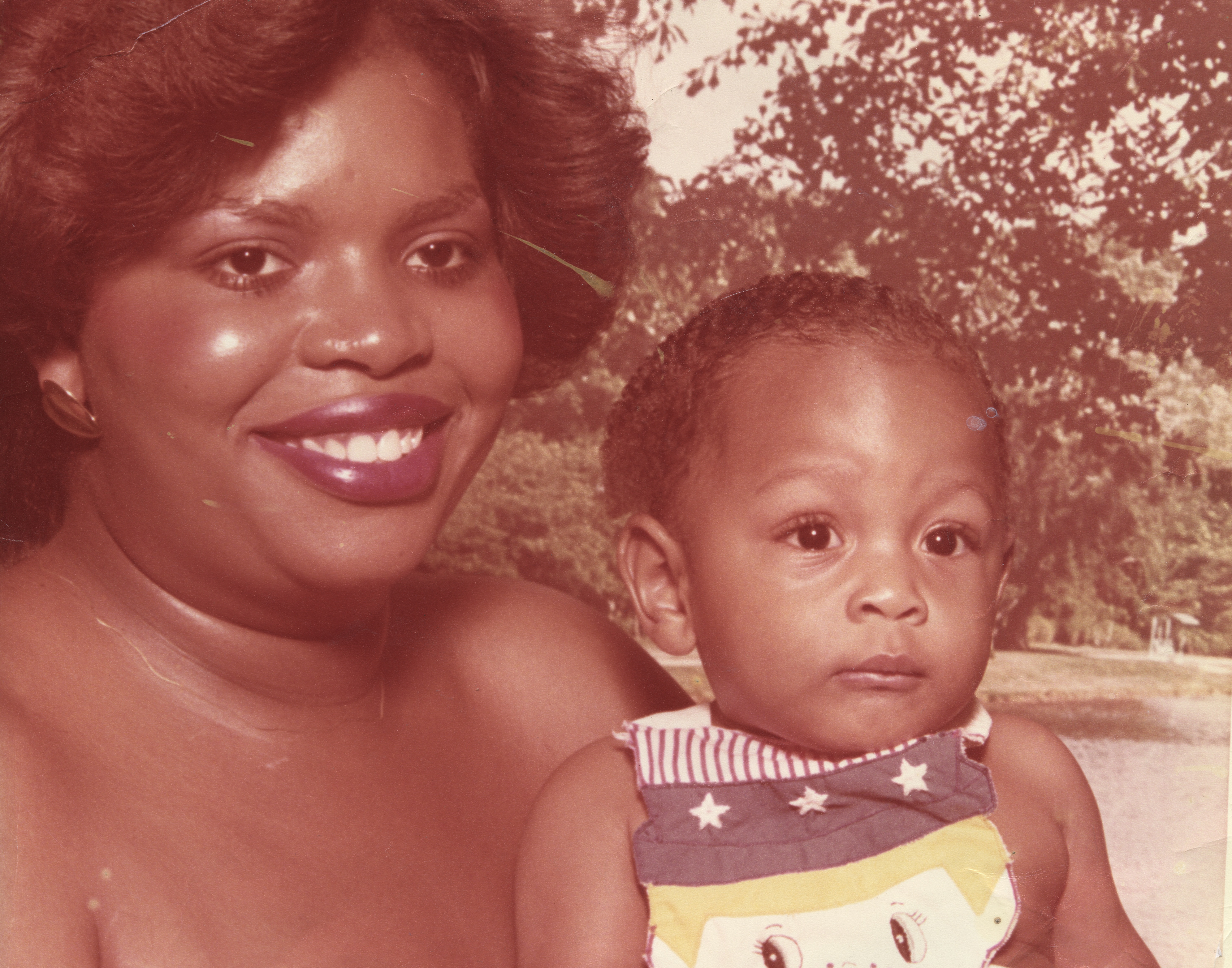Evolution of a Criminal
Runs Fri., Nov. 7–Thurs., Nov. 13 at Grand Illusion. Not rated. 81 minutes.
Plenty of Hollywood filmmakers have fallen into crime—DUIs, drugs, and underage sex cases. But how many felons have reversed that career trajectory? In his documentary reconstruction of a mid-’90s armed robbery, which he instigated as a teenager to help his struggling family, Darius Clark Monroe manages that unlikely feat. There are gaps in his story, narrow in scope, but this is a fairly remarkable tale of redemption.
Raised poor in Houston, Monroe matter-of-factly describes the hardships and privations that had him stealing from a big-box store where he clerked as a teen. His own home had been burglarized during boyhood, which he cites as a traumatic trigger—taking with it any sense of justice. (Losing the VCR, that font of family entertainment, was a particular blow—and perhaps the harbinger of his future vocation.) In his present-day narration, Monroe recalls an attitude that “I was doing something honorable.” So he recruited two high-school pals, gathered some masks and an empty shotgun, and robbed a branch bank of $140,000. (Monroe uses actors to re-create these scenes.) Teenagers being teenagers, their secret soon spilled, and the trio were arrested within weeks. How long Monroe spent in prison, where he earned a GED, is part of a chronology that ought to be more detailed here.
Monroe has seen enough movies to understand the proven story arc of sin, repentance, and forgiveness. As he goes back years later to apologize to customers he terrified at the bank, we also learn where he got his filmmaking education (NYU, impressively) and see how his family didn’t exactly provide a shining moral example during his youth. Monroe’s interviews further extend to his robbery crew and the prosecutor who put them away. This is documentary-as-memoir, intimate and confessional, though shying away from any larger social context (e.g., the national incarceration rate for African-Americans). And the racial divide is stark: Black bank customers at the robbery seem more forgiving of the grown Monroe than their white counterparts do. The white prosecutor, stepped out of a Rick Perry campaign ad, tells Monroe she’s suspicious of his film project: “I’m afraid of being scammed.”
To this viewer, at least, Monroe’s contrition seems quite sincere. And like last year’s Fruitvale Station, also grounded in fact, Evolution of a Criminal sadly demonstrates how a broken social contract can doom individuals to a tragic path. Yet Monroe fully admits to his misdeeds. Instead of the usual tough-on-crime rhetoric, here is a criminal who’s tough on himself.
bmiller@seattleweekly.com








